For 2023 as a whole, the European Commission's autumn forecast projected real GDP growth in both the EU and euro area at 0.3 percent -- well below the 1.5 percent and 1.4 percent expected in the previous July forecast.
"The surge in energy prices and rampant inflation are now taking over and we are facing a very difficult period both from a social and economic point of view," European Commissioner for Economy Paolo Gentiloni warned in November.
He said the outlook for next year has "weakened significantly," and most EU countries will be in recession in the fourth quarter of this year.
The path forward for emerging economies is a bit sunnier. While the United States and European economies falter, the emerging markets of Asia will altogether account for three-quarters of world growth next year, the OECD said.
"While external demand will remain soft through the first half of 2023, Asia's domestic demand is supported by reopening and the easing of financial conditions," two Asia economists of Morgan Stanley wrote in November on Singapore-based The Business Times. "In 2023, Asia's growth will be able to outperform on the back of robust domestic demand."
East Asia will sustain strong economic growth in 2023, said Kiatipong Ariyapruchya, senior country economist of the World Bank for Thailand, adding that China's economic recovery will serve as a "tailwind" for global economic revival.
CUTTING THROUGH DARKNESS
In the face of multiplying crises in 2022, China has maintained the overall stability of its economy by effectively coordinating COVID-19 policy with economic and social development, and introducing a series of stimulus packages to support enterprises, stabilize consumer prices, and boost the confidence of global investors.
Looking ahead, China has not only prioritized economic stability, aiming to pursue steady progress while ensuring economic stability, but also pledged to further expand domestic demand and give full play to the fundamental role of consumption and the key role of investment in 2023.
Considering the fact that Beijing has a diverse toolbox at its disposal to secure a resilient recovery, observers predict the Chinese economy will have a sound performance next year, which will inject strong momentum into world recovery.
The Chinese market continues to show its appeal. Data from China's Ministry of Commerce said foreign direct investment (FDI) into the Chinese mainland, in actual use, expanded 9.9 percent year-on-year to nearly 1.16 trillion yuan in the first 11 months of the year. In U.S. dollar terms, the inflow went up 12.2 percent year-on-year to 178.08 billion dollars. The FDI inflow of high-tech industries jumped by 31.1 percent from a year earlier.
Fukaishi Akihiro, president of Epson (China) Co., Ltd., said that under the pandemic, the company still sees steady business growth and development in China.
China's economic potential has also grown. In the Global Innovation Index 2022 released by the World Intellectual Property Organization, China has risen to the 11th rank among the 132 economies surveyed. It marks the country's 10th consecutive ascent.
"All fundamentals are in place" in China for continued economic growth over the next 20 years, BHP Group CEO Mike Henry said in late November, adding that "obviously, China is going to provide a bit of stability to global growth over the next year."
As has been witnessed, China's development has shown a strong positive spillover effect worldwide. A total of 73.52 billion dollars worth of tentative deals were reached for one-year purchases of goods and services at the fifth edition of the China International Import Expo, up 3.9 percent year-on-year. The China-proposed Global Development Initiative has won the support of more than 100 countries and international organizations, and China has signed Belt and Road cooperation documents with 150 countries and 32 international organizations. It has been proven that with concrete actions to open its door wider to the rest of the world, China is making the pie of global common development even bigger.
China is carrying out win-win cooperation and establishing mutually beneficial economic and trade relations with countries around the world, which is of great significance to the world economy, said Argentine economist Jorge Marchini.
There are so many countries willing to work with China because it has helped them tremendously in development, said Helga Zepp-LaRouche, founder and chairwoman of German think tank the Schiller Institute. "That's the secret of the Belt and Road Initiative and why many countries want to cooperate with China."








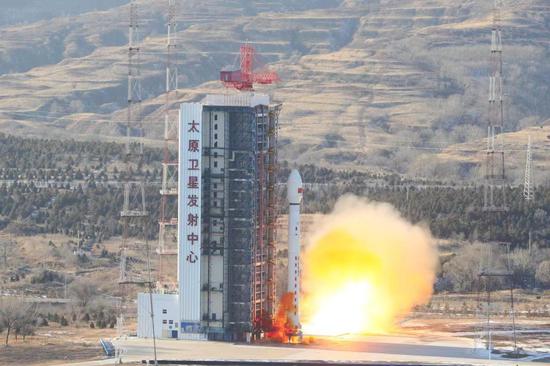

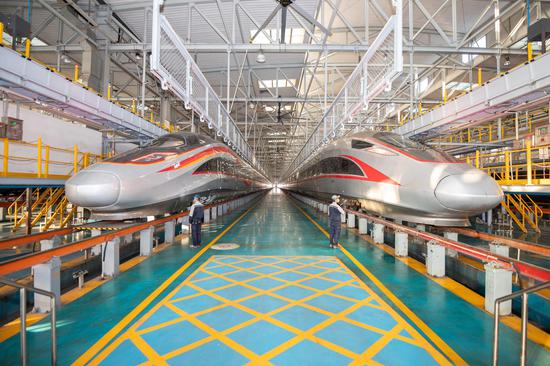

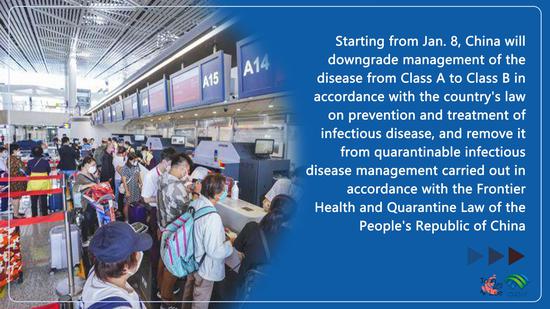


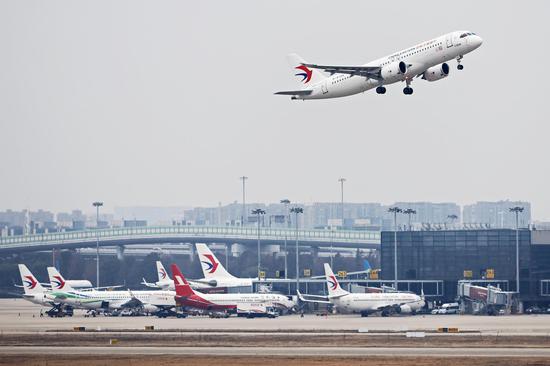


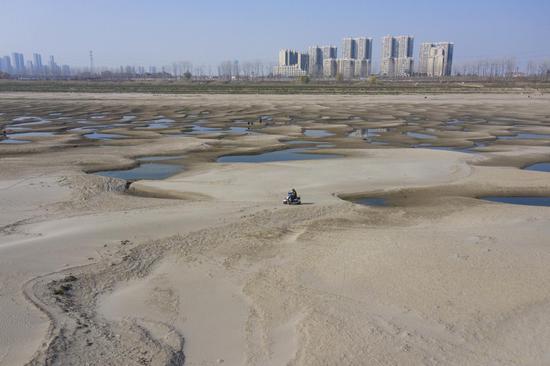




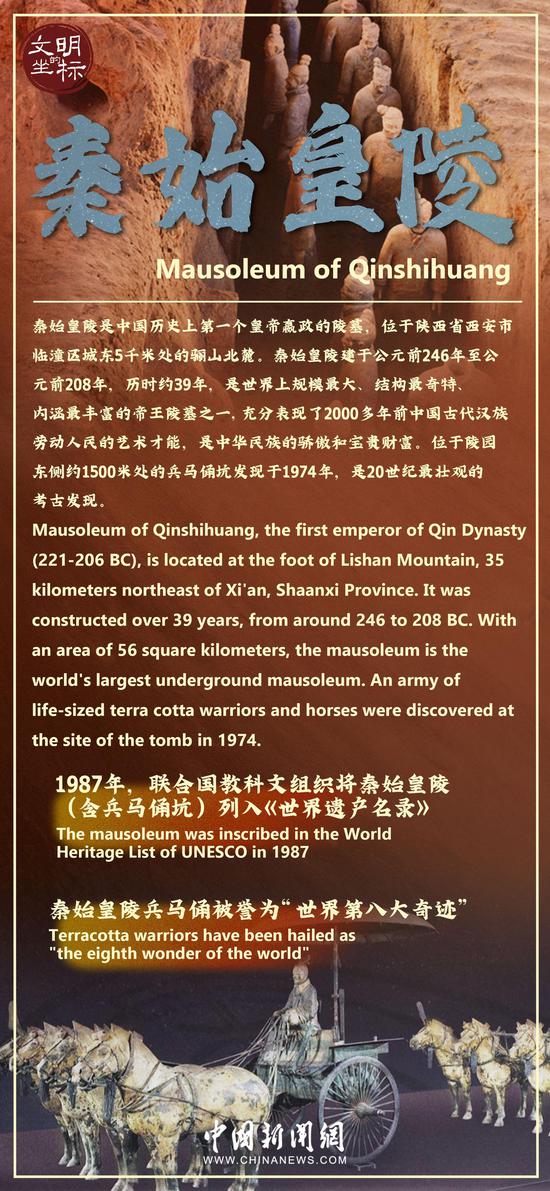
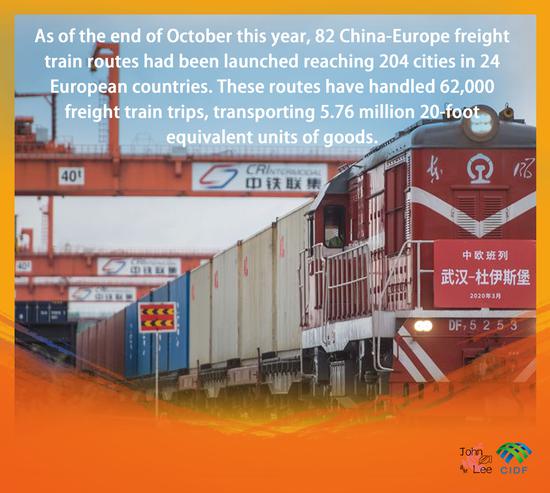







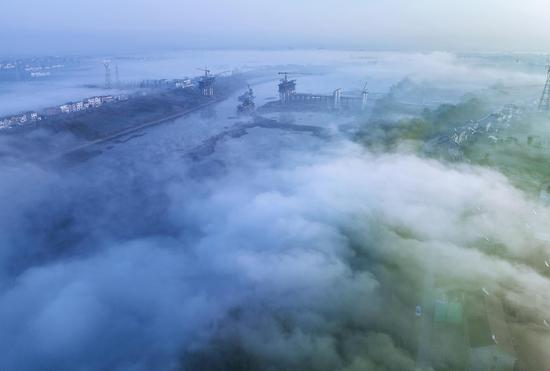

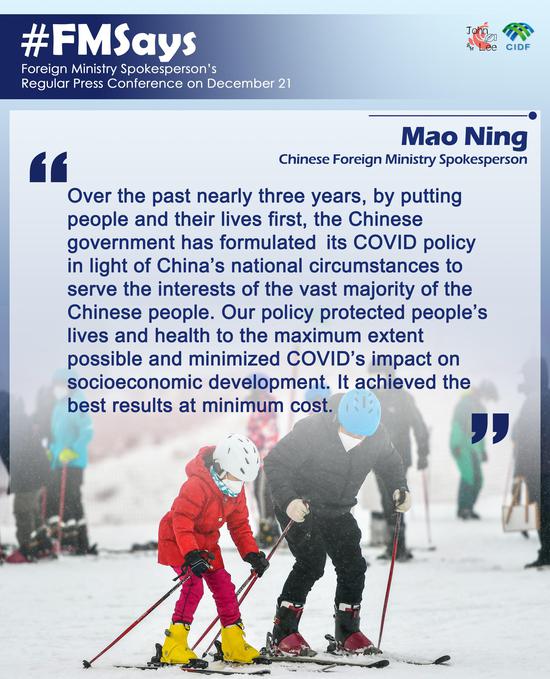

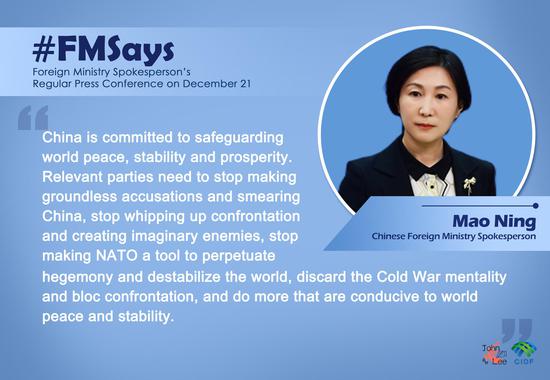




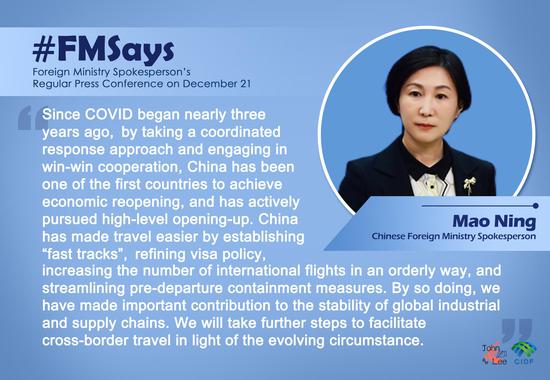








 京公网安备 11010202009201号
京公网安备 11010202009201号